






Accelerating Green Innovation through Youth Entrepreneurship (AGIYE) 2.0 is the second version of the ‘green’ acceleration programme of BYEI that seeks to support green business ideas to benefit people in climate-vulnerable communities. AGIYE aspires to transform Bangladesh’s grassroots economy into a circular and zero-waste production system for meeting low-income consumers’ necessities (food, housing, sanitation, and health etc.). In the process, build a stronger grassroots economy, climate resilience, nutritional security, and conservation of nature and biodiversity.
With funding and advisory support from the British Council and implementation support from ActionAid Bangladesh, AGIYE 2.0 is looking for innovative business ideas that offer low-cost, community-driven, and scalable solutions for low-income populations in climate-vulnerable areas of Bangladesh. The winning ideas will receive catalytic funds and business development support to connect with technical support providers.
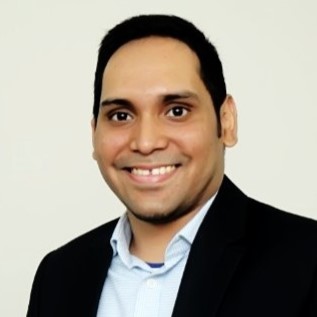
Co-founder & CEO, LightCastle Partners Ltd

Board Director, bKash Ltd & Independent Director, BRAC Bank Ltd
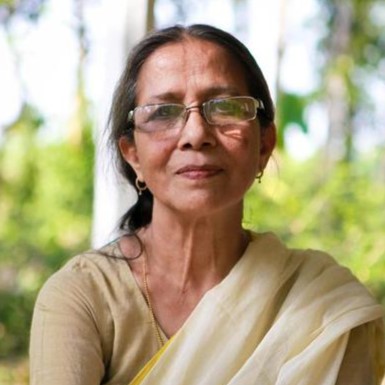
Executive Director, UBINIG
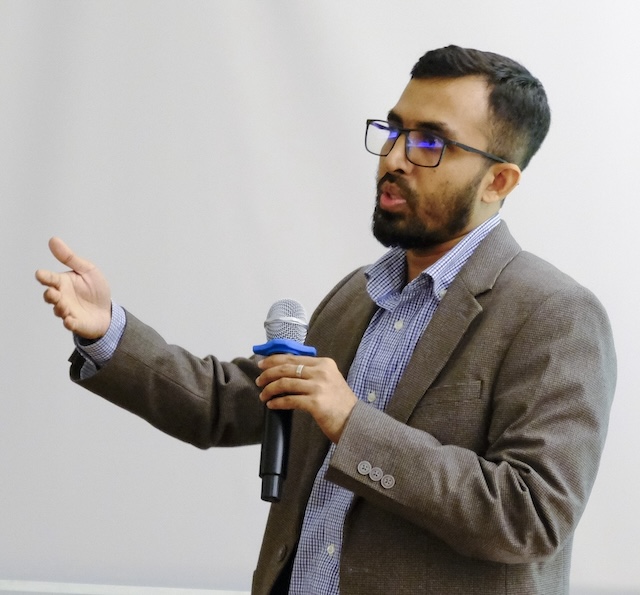
Founder & CEO, Future StartUp
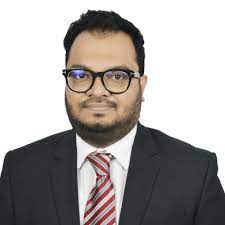
Vice President, ZA Capital Advisory
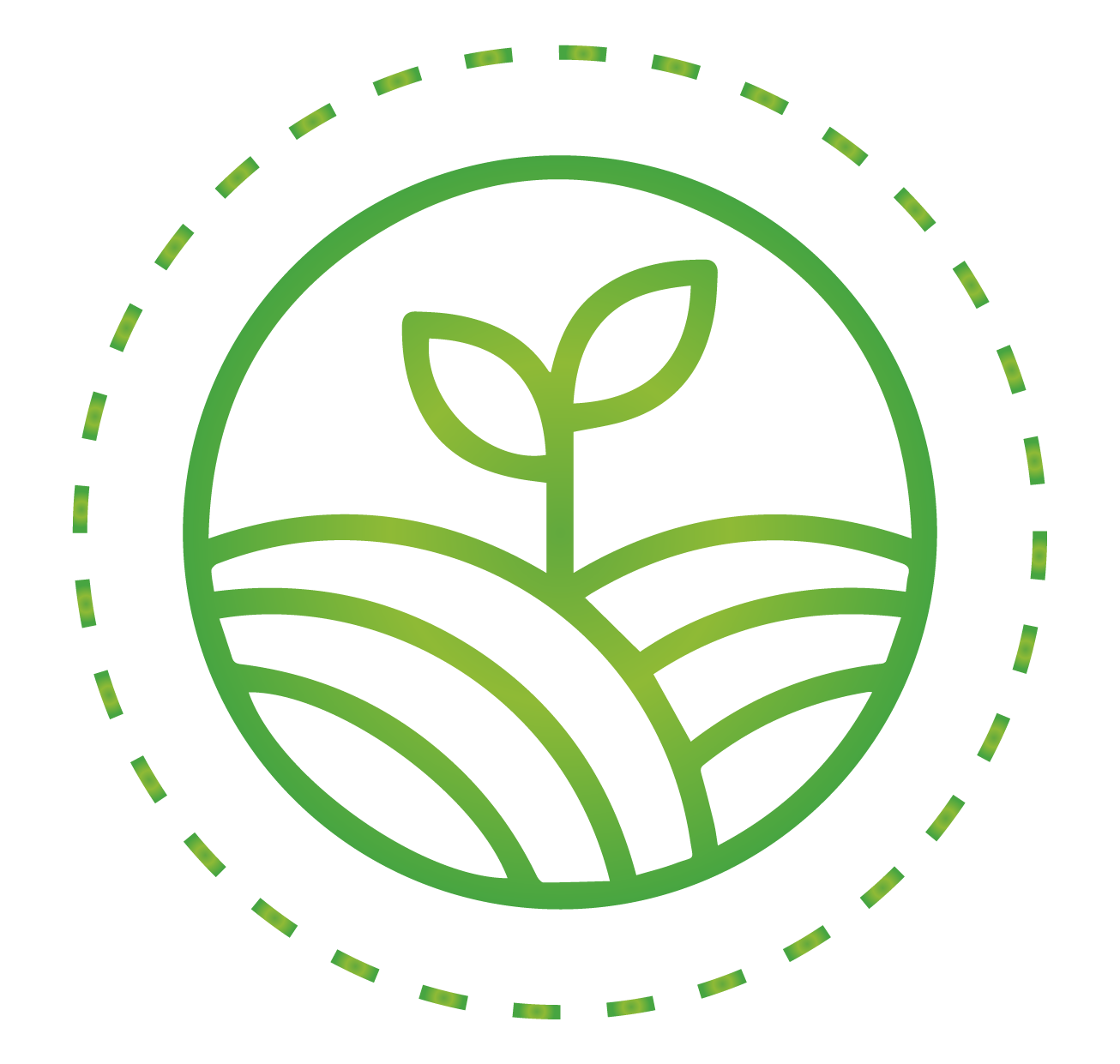
Agro-ecology inputs and technology
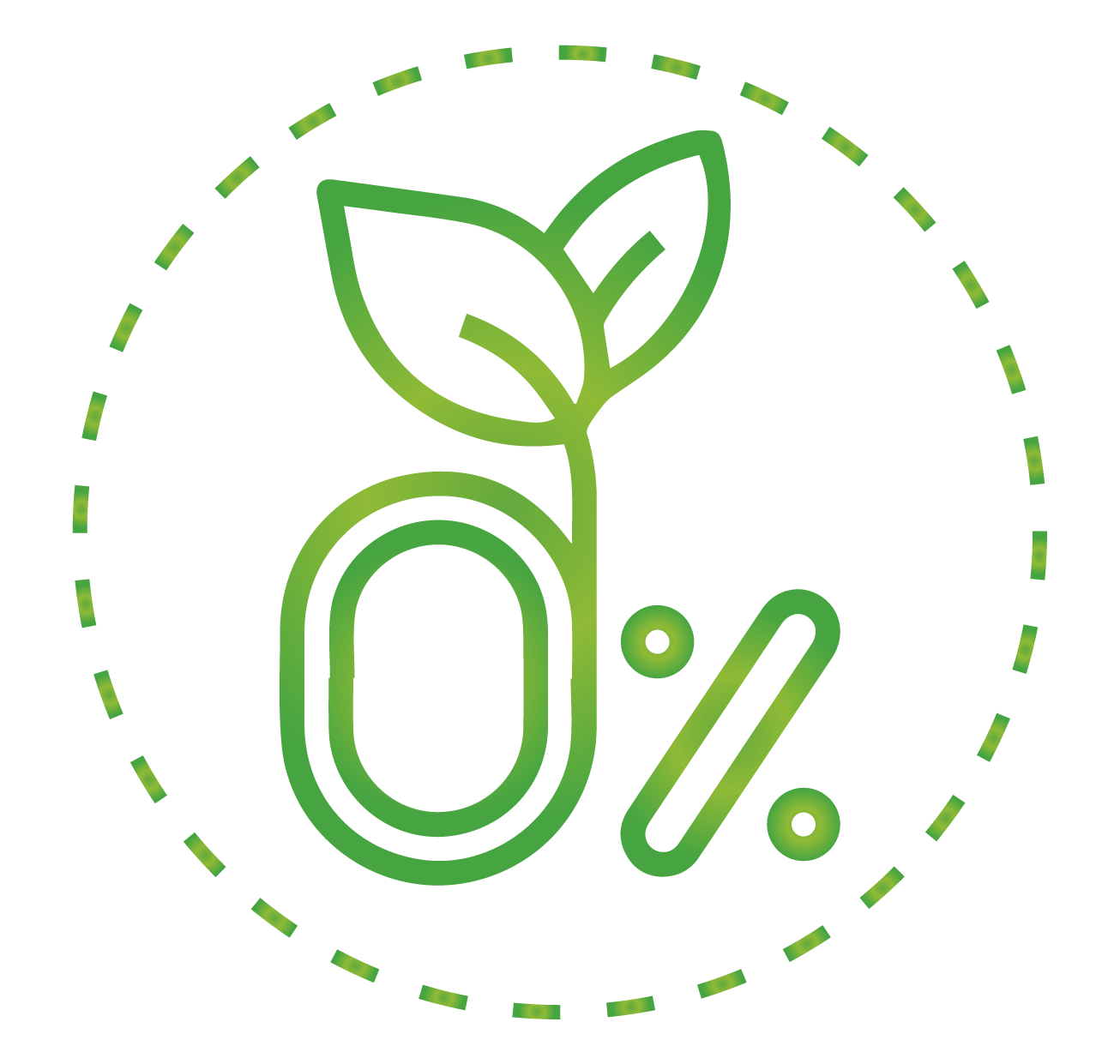
Zero-waste sustainable materials in construction, packaging, electronics, etc.
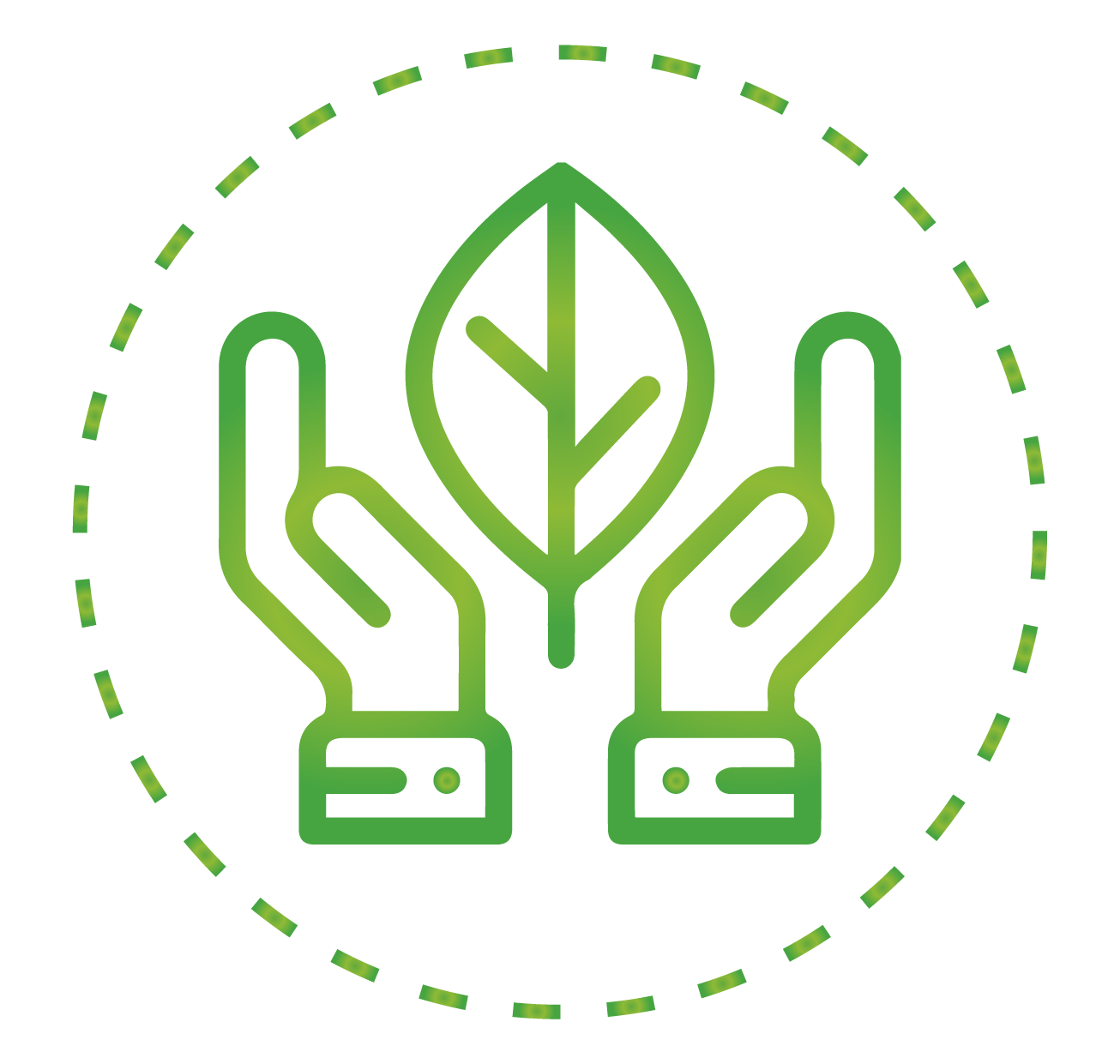
Green Service Innovation (organic gardening service, eco-tourism, environmental training, etc.)
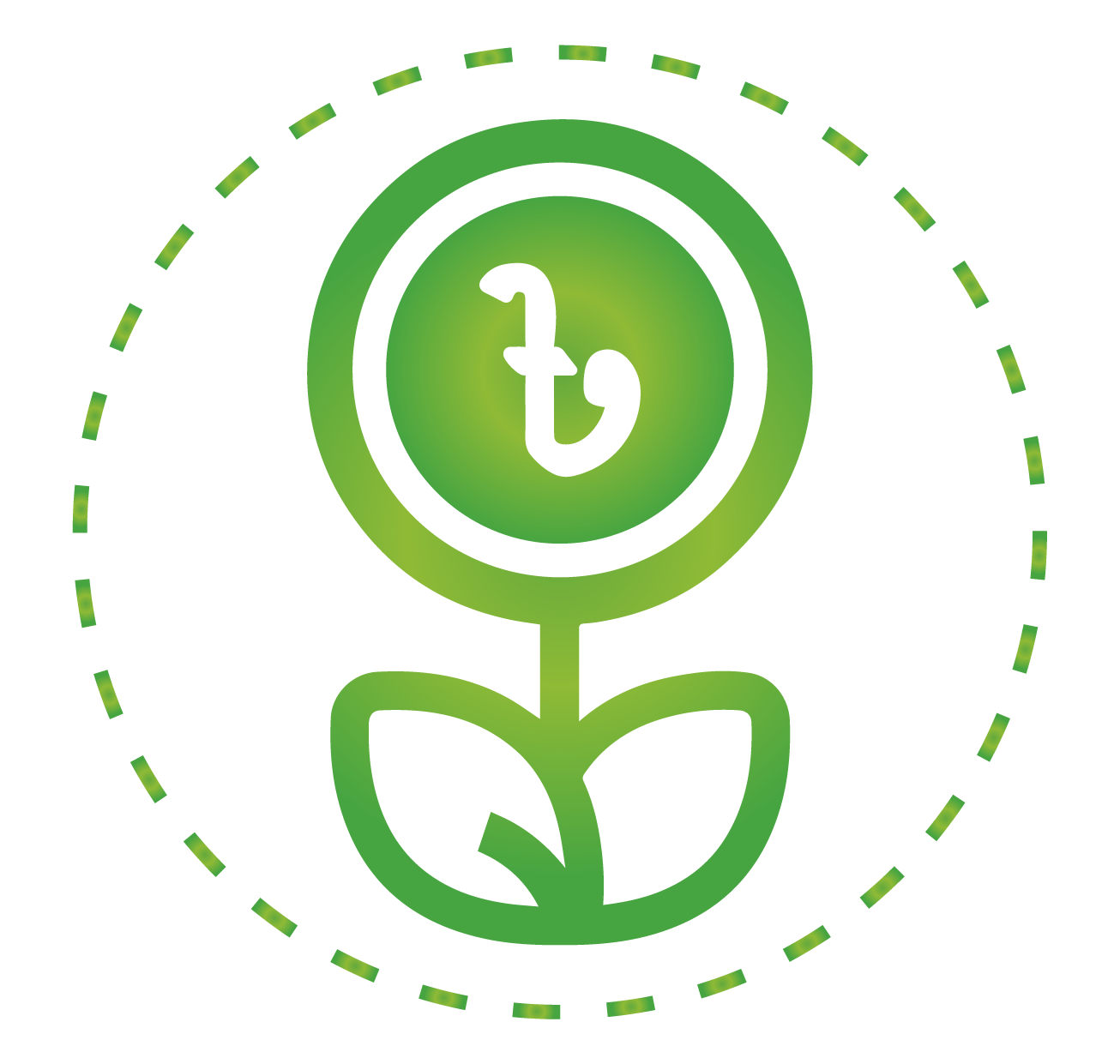
Green Business Aggregation models such as small retail with cooperatives of farmers on native crops, poultry, livestock, trees, nuts, oilseeds, etc.
The business idea must benefit people who are on the frontlines of climatic impacts
The business idea must have unique features, either in the business model, product, service or structure of collective cooperatives.
The Business idea must have a positive environmental impact, reduce pollution, strengthen climate resilience, or conserve biodiversity.
The business ideas must have tested the scientific foundation of the technology (if applicable) or must have proven business models consistent with the respective community's socio-economic culture.
Ideas that have the following attributes will not be considered
Plastic, metal or polythene recycling is discouraged as it incentivizes the continuation of unsustainable materials.
Synthetic chemicals or fossil fuel businesses such as inorganic agriculture, intensive poultry, livestock, and fisheries are highly carbon intensive and pollute the environment, so they are discouraged
Business Ideas using Artificial Intelligence, Apps, and IoT are generally discouraged unless the ownership belongs to low-income agri/aqua/poultry/livestock producers and is highly user-friendly.
Luxury products, such as expensive jewellery and cosmetics, and any products that have a highly negative ecological, public health, or environmental footprint, such as fast food, processed food, leather goods, and shrimp farming.
The scoring criteria for short-listing business ideas:
Unique approaches to addressing context-specific climatic, environmental, economic and social problems.
Potentiality to generate economic returns to sustain livelihoods and reach break-even points.
Demonstration of skills and lived experience in addressing climatic, environmental, economic and social problems.
Demonstration of a clean pathway towards reducing GHGs & any other toxic pollutants, & ideas having strong ownership & engagement of climate-vulnerable communities.
Ownership of the problem and commitment to address it; having existing investment, sunk costs or recognised institutional affiliation for the implementation of the business idea.
Apply now for the opportunity to join a 3-day fully funded residential green entrepreneurship bootcamp and gain access to seed capital and technical support to jumpstart your green entrepreneurship journey.
Fully funded three-day residential Green Entrepreneurship Bootcamp for the top 20 performers
Certificates and recognition from BYEI, the British Council and ActionAid Bangladesh for the top 20 performers
Four Green Entrepreneurs will receive cash award of a total worth of BDT 395,000.00 (Including Tax & VAT)
Four Ideas will be given one and a half months of incubation support
Yes, an individual can be part of two teams. However, only the applicant (the one submitting the form) will be considered for the next stage of the competition, which is the bootcamp. If you submit an application yourself and your team’s idea is chosen, you will qualify for the bootcamp. If you are part of a team but not the applicant, the person who submits the idea will be eligible for the bootcamp.
The team leader is the applicant, the person filling out the form.
While a person can be part of two teams, only the applicant will be considered for the next stage of the competition. If the team leader / applicant submits an application and their team’s idea is chosen, the applicant will qualify for the boot camp. However, if they are part of another team as a general team member (not the applicant), the person who submits the idea for that team will be eligible for the bootcamp.
A person may apply individually and may not have a team at the time of applying, but having a strong team is desired.
There are no specific limits on the number of team members a team may have. However, it’s important to note that if the team’s application makes it to the top 20, only the applicant will be able to participate in the next round of the competition.
Yes, an applicant may submit up to three business ideas. For each idea submission, the applicant should apply as a new application, providing details and information specific to each business concept.
There are no educational qualification requirements. Anyone between the ages of 18-35 may apply. However, the ideas should focus on addressing the needs of people in climate-vulnerable communities and delivering benefits to them.
No, AGIYE 2.0 is specifically designed for early-stage businesses. Existing businesses that have already raised funds are not eligible to apply.
Yes, you can apply. However, it’s essential to demonstrate connections or have a strong local team on the ground in the climate-vulnerable district where your business operates.
Yes, but the idea must be environmentally friendly and meet the other criteria of the competition, including addressing the needs of people in climate-vulnerable communities and delivering benefits to them.

